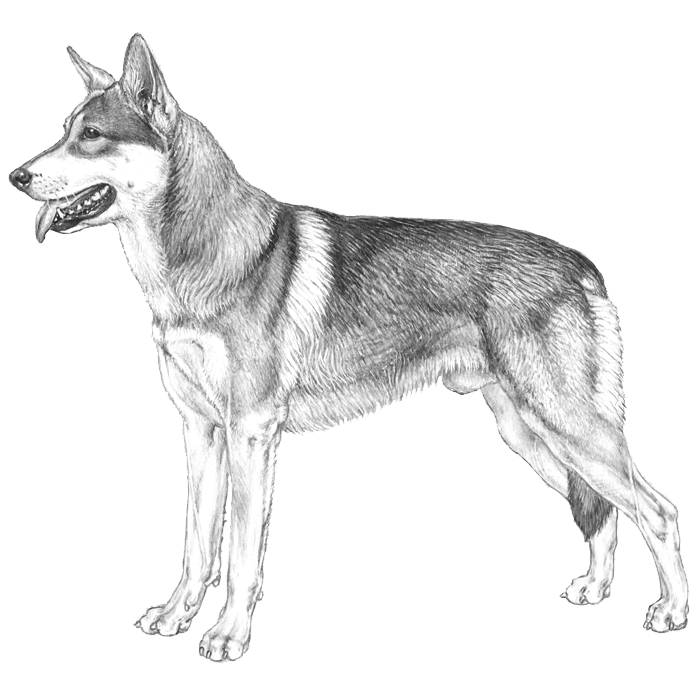Platelet Factor X Receptor Deficiency, Scott Syndrome
This condition affects platelet function, making it harder for blood to clot properly. Dogs may bleed excessively after injury or surgery, even though platelet numbers are normal.
-
Signs and symptoms
If your affected dog suffers a major trauma or undergoes surgery, they may not be able to clot well leading to increased blood loss or internal bleeding.
Dogs are born with this condition. -
Diagnosis
Genetic and laboratory testing can be used to diagnose this disorder.
-
Treatment
There is no cure for this condition. Dogs with this disease may need blood/platelet transfusions during surgery or following a major trauma. However, they should have a normal lifespan.
-
What to do if your dog is at risk
Actions
- Talk to your vet about your dog’s Scott syndrome result before any surgeries or dental procedures, as it may influence how they prepare.
- Many dogs with this result never show symptoms or develop health problems related to this variant.
-
Genetic Information
This mutation was first identified in the German Shepherd Dog.
This disease is inherited in an autosomal recessive manner, meaning that a dog must have two copies of the mutation to be affected.
Gene names:
TMEM16F ‐ chr
Inheritance type:
recessive
Citations:
-
Breeds affected
This health condition affects the following breeds
Learn about your dog’s unique genetic health
Dog owners
Breed identification, health and trait insights, personalized care recommendations, and the world’s first canine relative finder—all in one leading dog DNA test.
Learn about the report for dog ownersShop the test
Breeding programs
Embark’s test for breeding programs is one comprehensive DNA test designed with your needs in mind.
Learn about the report for breedersShop the test
















